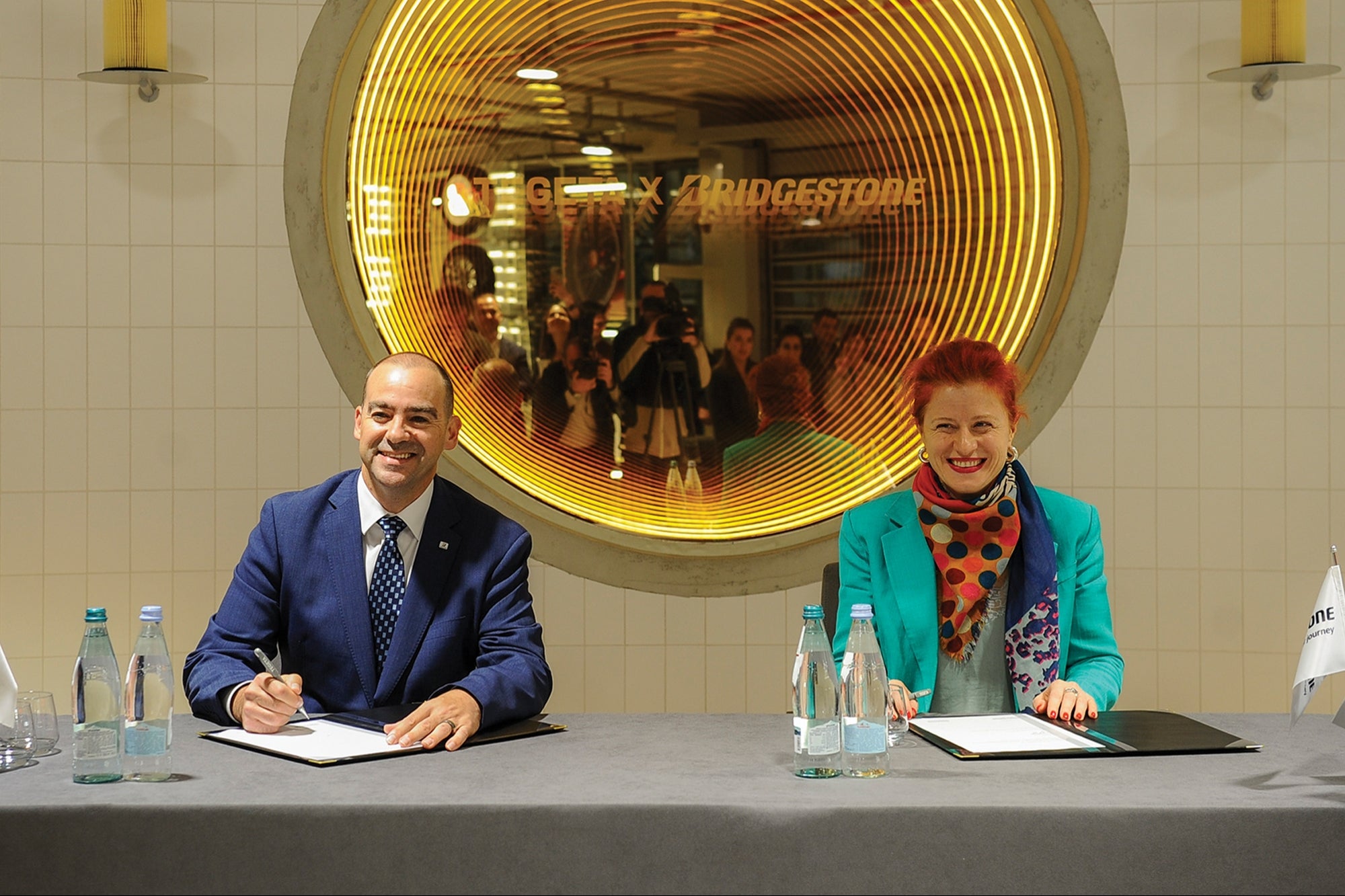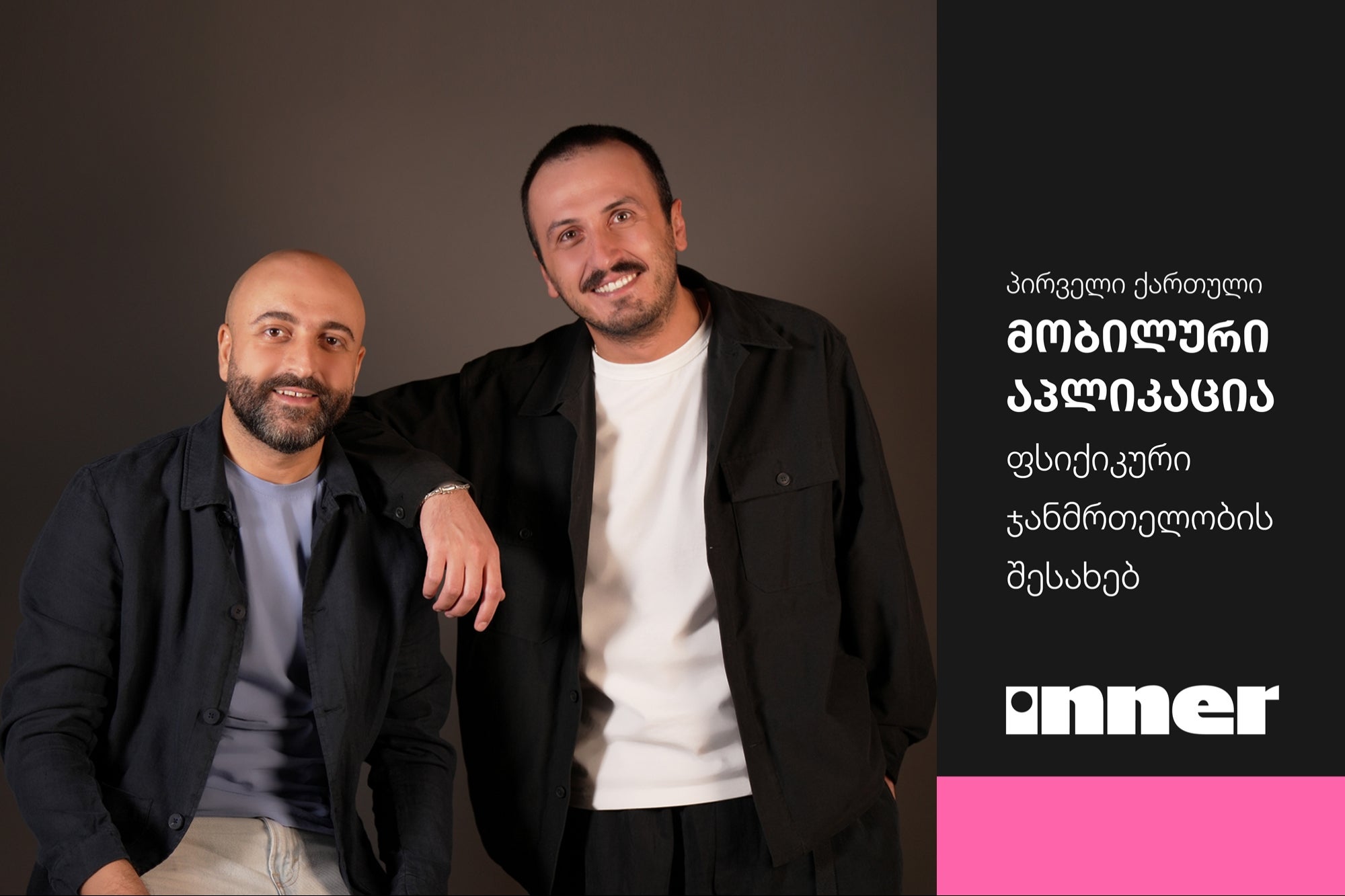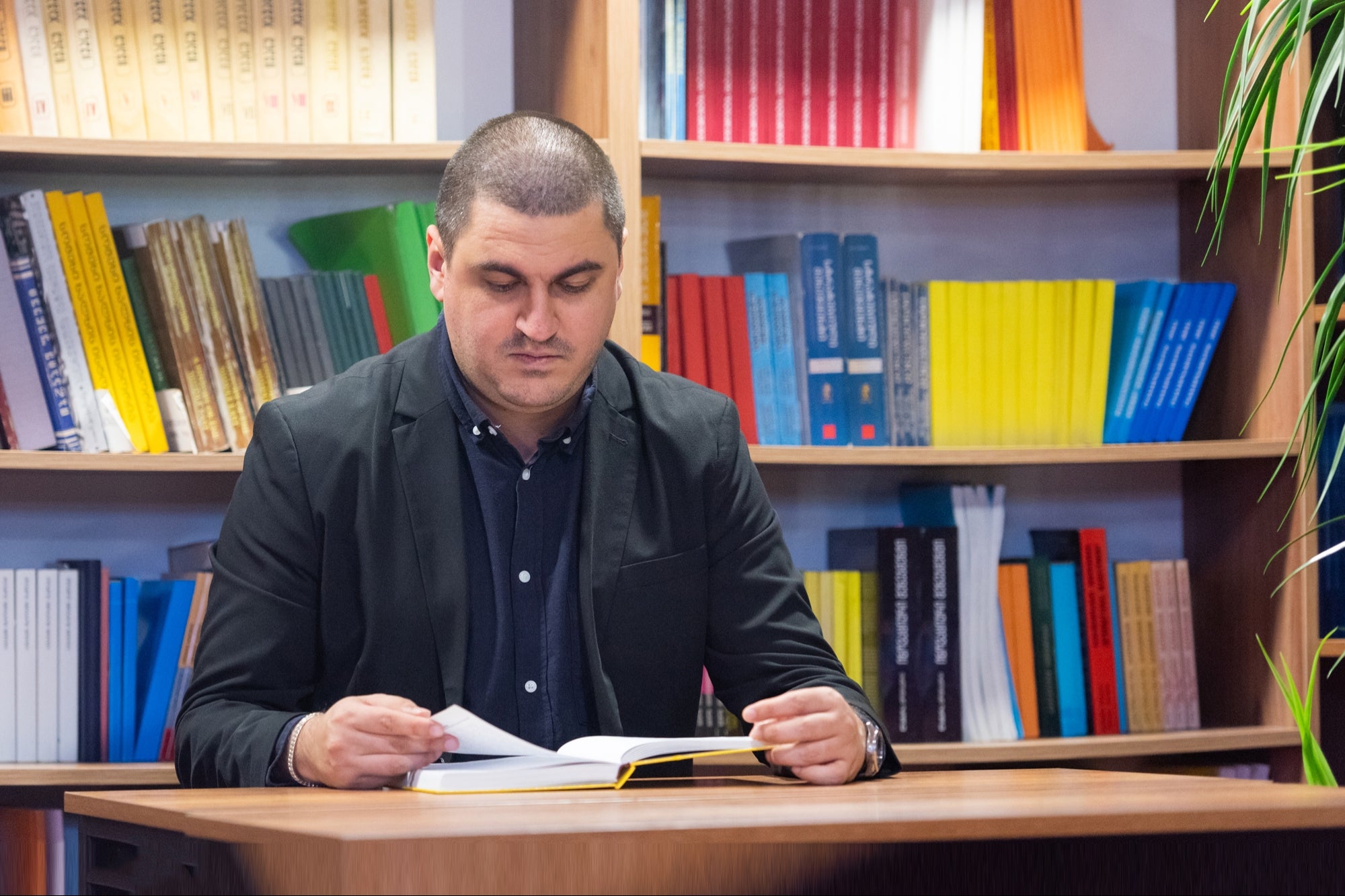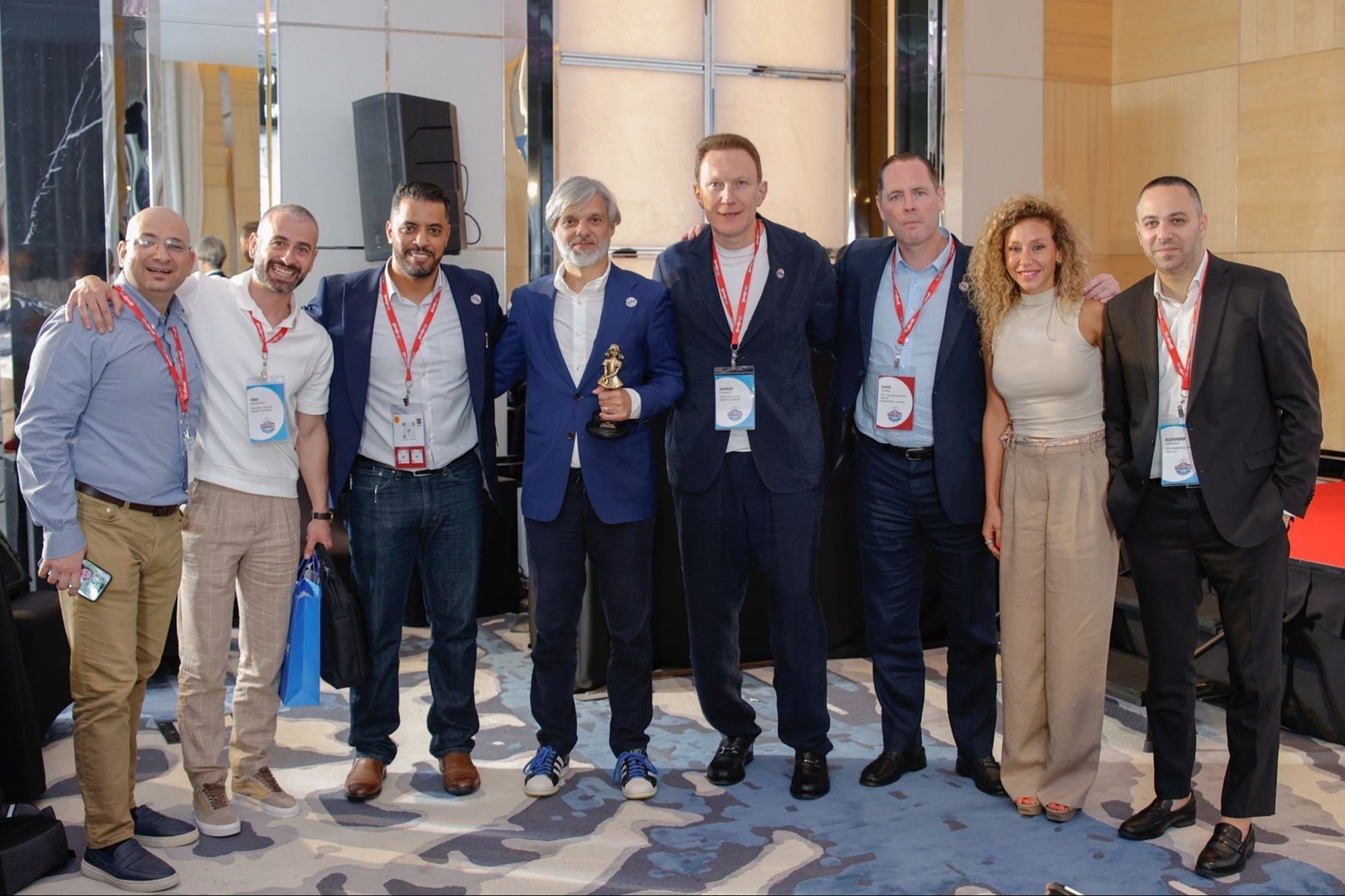15 Questions with AI Expert & Founding Engineer of Banana.dev Sahil Chaudhary
You're reading Entrepreneur Georgia, an international franchise of Entrepreneur Media.
The Bay Area is known for its tech industry, with many young software and tech developers aspiring to be the next Zuckerberg or Musk. These aspiring entrepreneurs deserve to be recognized as they aim to make a difference in the world with their innovative ideas.
Sahil Chaudhary, a software engineer passionate about Artificial Intelligence (AI) and Machine Learning (ML), is on a mission to make these technologies more affordable and faster to use in the real world. He plans to use AI and machine learning to solve real-world issues like healthcare, transportation, and education.
Chaudhary joined banana.dev, a startup focused on building machine learning infrastructure for the digital economy, as the founding engineer. This has resulted from his forward-thinking ideas and commitment to making a difference.
"I've been in this industry for over 6 years and have worked on creating cutting-edge AI. I had the opportunity to study and research at top labs, but I chose to focus on building banana.dev instead. While most people in the AI industry are focused on creating new and better models, my focus is on making these models run efficiently in applications so that we can have a real-world impact with AI," he shared.
Get to know more about Sahil, his projects, and his expert insights about the future of AI in people's lives.
1. What inspired you to work in AI?
The ability of AI models to analyze vast amounts of data and solve complex problems attracted me the most to work in AI. I believe that the development of AGI will help humanity ascend to new levels by solving problems that have remained unsolved for centuries.
2. What are your favorite things to do in your free time?
When I'm not actively working, I like experimenting with new technologies and building fun things. I am also a huge fan of playing video games and Formula 1.
3. What projects have you been working on recently?
My work recently has been focusing on building tools to enable the development of Serverless GPUs at Banana.dev. Many tools used in AI today were built to support traditional software, and AI fundamentally differs from that, which undeniably needs a new generation of systems.
4. What's a software engineer's most crucial trait?
Breaking down complex problems into smaller chunks and thinking from first principles has been a trait I've seen in all successful software engineers. This will help you solve challenging problems without being overwhelmed.
5. How will software engineering change in five years?
I think software engineering will drastically change in the next five years. We won't be writing any code. Instead, we will be working with AI interfaces to define solutions and constraints, and AI will be doing the actual coding. I don't think this will make software engineers redundant, though. Instead of using programming languages as a tool, engineers will use natural language interfaces to AI models to build their solutions.
6. What's the craziest AI idea you've ever heard?
A while back, I heard someone pitch the idea of each person having a personalized version of an AI model right on their phone, which knows their preferences and needs.
7. If you could converse with any historical figure, who would it be and why?
I'd like to have a conversation with Alan Turing to know his thoughts on the current approach towards AI and walk through his paper titled "Computing Machinery and Intelligence" to understand his thought process.
8. What do you think is the biggest misconception about AI?
Right now, people have a lot of misconceptions about AI and its future. The biggest one is that AI is meant to replace humans. The aim of developing AI or AGI is to augment human intelligence to solve problems that have remained unsolved for centuries, give everyone the ability to pursue what they wish and specialize in, and let AI do everything else.
9. What do you think is the most exciting development in AI currently?
The launch of ChatGPT, followed by Bing introducing its own chat-powered search, is exhilarating because we're seeing a change in the paradigm of how humans look for and interact with information. The current search interface has existed for decades, and it's exciting to see how we move on to chat as the new interface.
10. If AI could solve one world problem, what would it be?
AI has already solved protein folding, so the next big world problem to solve would be nuclear fusion. Fusion can offer an abundant supply of low-carbon energy and would have the potential to keep up with the growing energy requirements of our lives.
11. What's the most challenging thing about working with AI?
Training AI models are usually slow and expensive, which is the biggest challenge with the current approach towards AI of creating larger models.
12. If you could make one AI prediction for the next 100 years, what would it be?
AI will become such an integral part of our daily lives that we won't be able to imagine a world without it. It is similar to the internet and how it is now an irreplaceable part of our lives.
13. If you could collaborate with any AI research team in the world, which one would it be?
I would love to work with the Open AI team. They have been at the forefront of AI since the start and have published the best work in the industry. It would be an honor to collaborate with them.
14. If AI could have one physical form, what would it be?
I always imagined it as a humanoid robot, similar to the Tesla Bot.
15. What do you think is the most prominent ethical concern surrounding AI?
Right now, AI models are built by training them on vast amounts of data, which was collected by various methods from humans, and the challenge here is how to stop AI models from learning the bias humans have which is represented in the data.
Final thoughts
This year (2023), Sahil Chaudhary has set his sights on achieving significant strides in democratizing artificial intelligence (AI) for the masses. He envisions a future where individuals from all walks of life can readily access and train AI for their websites, apps, and other applications. Chaudhary aims to make this vision a reality by significantly enhancing the availability and accessibility of AI for everyone.










